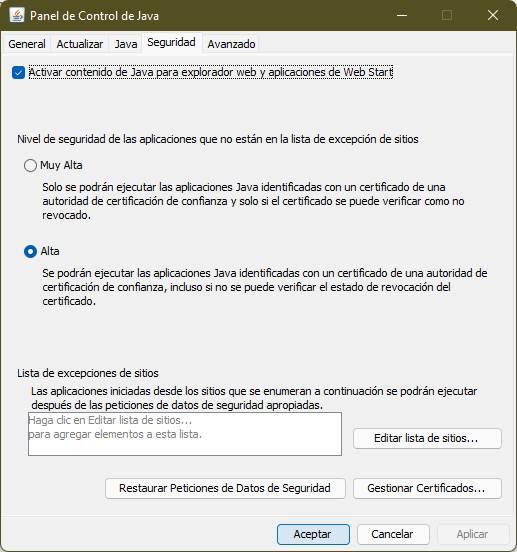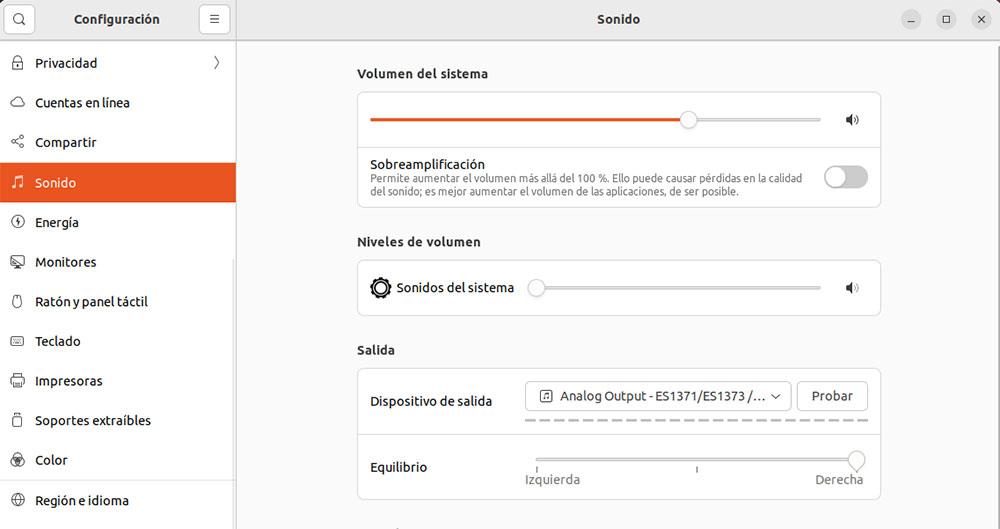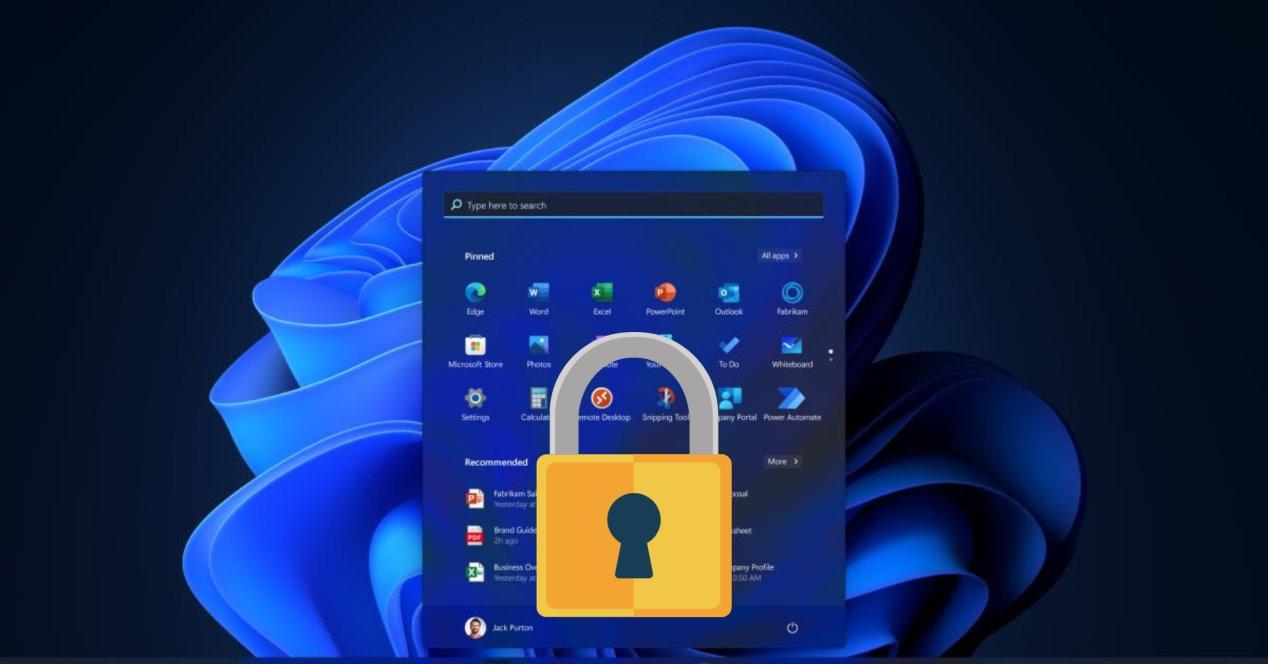
When we think of this type of attack that comes from the Internet or from some external agent that we connect to the PC, the first thing we think of is the data stored on the hard drives. On many occasions, all these files are one of the main targets of attackers. But this is not always the case. In the same way, on certain occasions we could ask ourselves if malware could hide in the computer’s RAM to also steal our data.
There is no doubt that both situations put at risk all that sensitive information that we referred to earlier. And not only that, but at the same time the operating system itself or the programs installed on it could also be negatively affected. With everything and with it and in a parallel way, if we ask ourselves if some type of malware could hide in the PC’s RAM memory to get hold of our data, let’s figure it out. Well, if we have ever asked ourselves this question, the answer is yes.
In fact, we could say that this type of attack on RAM memory is spreading over time. There are several reasons for all this, at least from the point of view of the attackers. One of the advantages for these that RAM offers, unfortunately for users, is that antiviruses have a harder time detecting malicious code.
Malware can attack RAM memory and it is dangerous
Once we know what we have told you, we must take into consideration that what the PC stores in RAM is temporary. With this, what we want to tell you is that the attack on this particular component cannot be permanent. The main reason for this is that this is a temporary and volatile storage element. This means that, for example, when we turn off or restart the computer, the data stored here is saved on the drives or simply disappears.
But of course, this also means that the malware attacks that are carried out on the RAM memory of our computer are efficient when it is working. In addition, we could consider that they are very dangerous as well as effective. At the same time and as you can imagine, this type of attack through the computer’s memory can negatively affect performance of the same. And this must be taken into account that the installed operating system itself uses this component as a volatile storage method, data that can obviously be intercepted by the malware hidden here.
But unlike what happens with hard drives or other infected units, if we uninstall the hardware or simply turn off the computer, the RAM is clean. Of course, we should not trust ourselves because these malicious codes are designed to re-infect this volatile storage component every time we turn on the computer.



